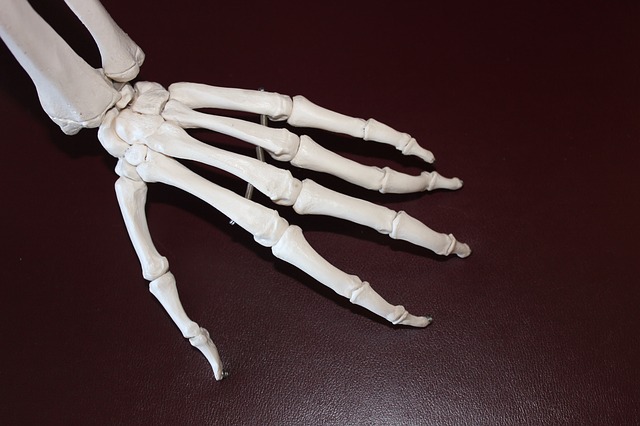Jeannette Moninger writes for Medshadow.org on seven lifestyle changes for managing rheumatoid arthritis. I excerpt her article below. To learn more about rheumatoid arthritis on JustCare, click here. You can read Moninger’s full post on Medshadow.org here.
1. Stay Active
Exercising may be the last thing you want to do when your joints ache, yet research shows that physical activity alleviates joint pain and stiffness, increases joint mobility, strengthens muscles and improves mental health. “Water exercises and those that improve flexibility like yoga and tai chi are particularly good for achy joints,” says Dr. Wei.. .. It’s natural to experience some muscle soreness after a workout. But increased joint pain may be a sign that you’re exercising too hard or too much and need to ease up….
A 2016 meta-analysis of nine randomized controlled trials and one cohort were reviewed to determine the impact of exercise on arthritic symptoms of patients with JIA. Exercises included aquatic, strengthening, proprioceptive, aerobic, and pilates. Based on descriptive summaries on activity capacity, body function, pain, muscle strength, and quality of life, 95% of patients in the trials showed significant improvement…
2. Maintain a Healthy Weight
Every pound of excess weight puts about four extra pounds of pressure on joints. This extra pressure worsens aches and pains. Plus, fat tissue spurs chronic inflammation and exacerbates existing swelling and tenderness in arthritic joints. A 2017 study in the British Medical Journal found that women with body mass index values of 25 or higher have a 35% greater risk of getting RA.
3. Eat a Balanced Diet
According to Harvard Health Publishing, certain foods have been shown to fight inflammation, strengthen bones and boost the immune system. These include foods rich in inflammatory-fighting omega-3 fatty acids like salmon, tuna, olive oil and soybeans; antioxidant-rich green tea; fiber-rich whole grains and beans; and vitamin C-rich citrus fruits. Findings from the Nurses’ Health Study (NHS) and NHS 2, published in the American Journal of Clinical Nutrition, suggest it’s also a good idea to avoid sugary soft drinks because they may contribute to the onset of rheumatoid arthritis. Sugary drinks are considered to be a major contributor to obesity — and excess weight is known to increase the risk of RA….
4. Don’t Smoke
Rheumatoid arthritis is an inflammatory disease able to produce severe disability due to pain. Smokers with RA are likely to experience more pain and fatigue compared to non smokers. A 2016 study from the University of Manchester conducted a meta analysis measuring the effects of smoking cessation on a population based cohort of 5,677 patients to measure the association of smoking on patients with RA. Of this cohort, 40% have never smoked, 34 are former smokers, and 26% are current smokers. Due to the increased inflammation that smoking causes, smokers and reformed smokers experienced 73% more frequent flare ups and pain compared to non-smokers with RA. There was also a significant increase (1.5 fold) in premature mortality also associated with inflammation such as cardiovascular disease and respiratory diseases.
5. Get More of the ‘Sunshine Vitamin’
A June 2019 report from the University of Birmingham suggests that low levels of vitamin D up one’s risk of developing autoimmune disorders including rheumatoid arthritis. This vitamin deficiency also may worsen existing arthritis symptoms. Not having sufficient vitamin D can lead to a pro-inflammatory result and can cause symptoms to arise or worsen. A blood test can determine vitamin D levels….
[Vitamin D supplements also seem to be over-rated as far as bone health, as supplements do not lower fracture risk for those living in the community. For those living in nursing homes on the other hand, they do lower the risk of fractures from falls.]
6. Manage Stress
Recognize what causes you stress and change what you can….[I]ncorporate into your daily routine relaxation exercises including meditation, deep breathing and guided imagery — there are free apps that will start you off. Releasing muscle tension eases arthritis pain…
7. Try Alternative Treatments
Acupuncture helps some people with rheumatoid arthritis by releasing pain-blocking endorphins and interfering with the transmission of pain signals to the brain via the nervous system. Another alternative treatment that shows promise is transcutaneous electrical nerve stimulation (TENS) therapy. With TENS therapy, a wearable device sends painless electrical currents to nerve fibers. This causes the release of pain-killing endorphins, as well as the generation of heat that relieves stiffness and pain…
Here’s more from Just Care:










